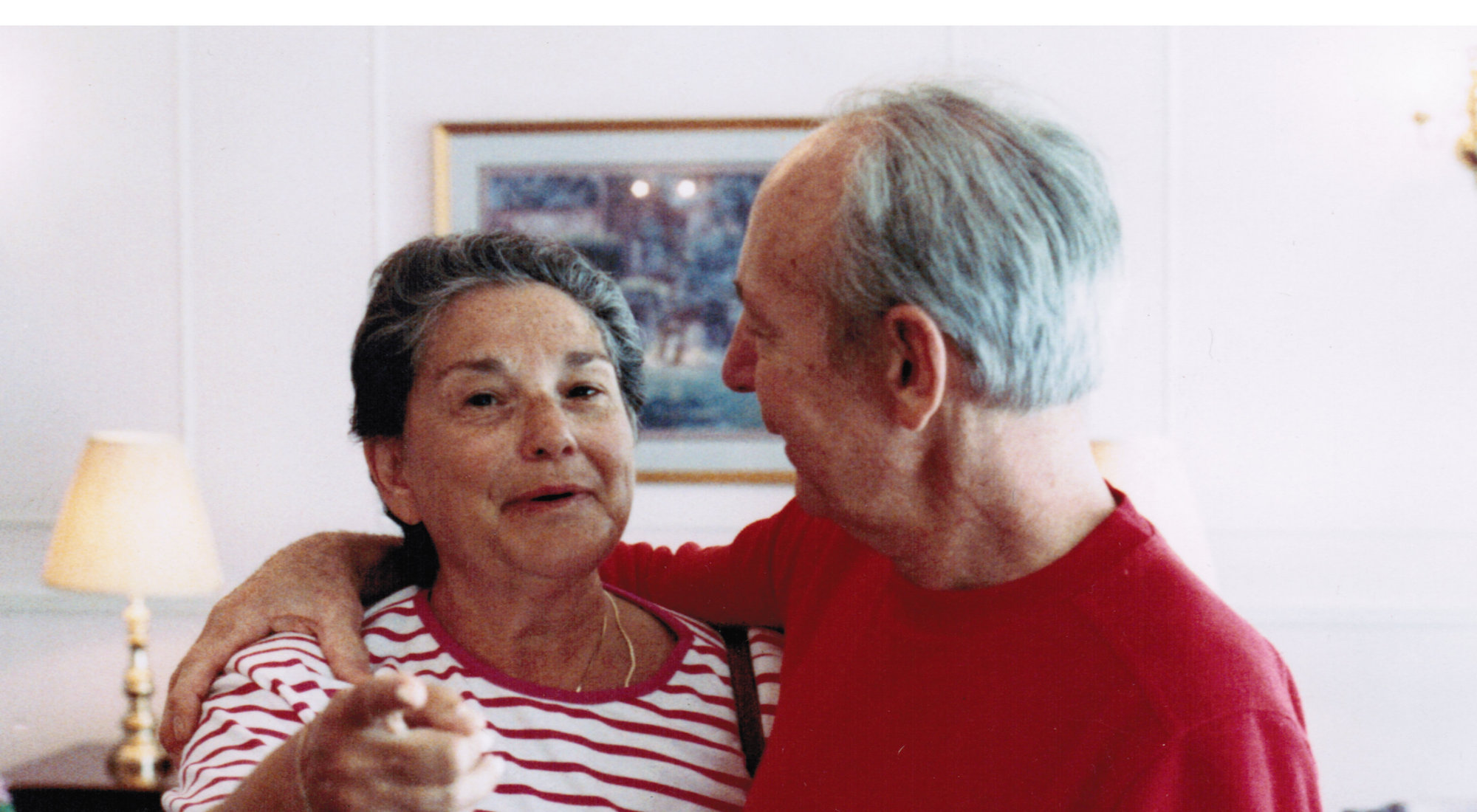Here is an article from the Washington Post that is quite positive. The story itself, of a dementia friendly night at a local restaurant, shows how people, who have experienced dementia in their family, can be so kind and extend themselves to others dealing with it.
Just as important is a point made in the story that is dear to the heart of The Montessori Alzheimer’s Project – how to prepare the environment when going outside the home. The environment outside the home includes many people that are unfamiliar, often people trying to help you such as salespersons, waitpersons and so forth. This is a key concern that can be dealt with by using a simple information card. Thank you to David Nisbet who is mentioned in the article. This is such a wonderful practical idea.
We have posted a downloadable word file that you can edit and copy as needed. We will be posting it in other languages shortly. The file will print out sized as a business card. https://montessorialzheimersproject.com/map-card-for-caregivers/
The idea of having a card you can hand to someone at the store, or at a restaurant, or anywhere else in public, is that quietly lets them know that the loved one by your side has dementia. It gives them a reference point simply, quickly and quietly without the need for you to explain anything in front of your loved one. We believe most people will respond to those cues in a very positive understanding way making going out in public easier for you and your loved one.
The article is found at https://www.washingtonpost.com/lifestyle/2019/08/05/this-restaurant-is-starting-monthly-dementia-friendly-night/
